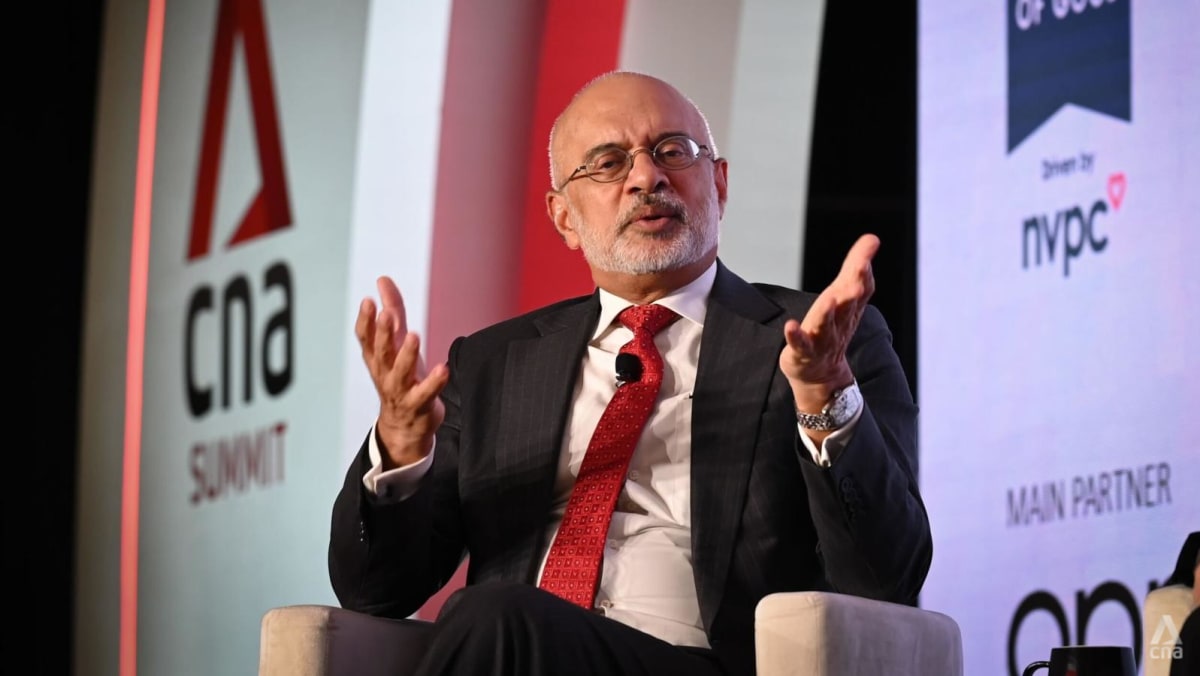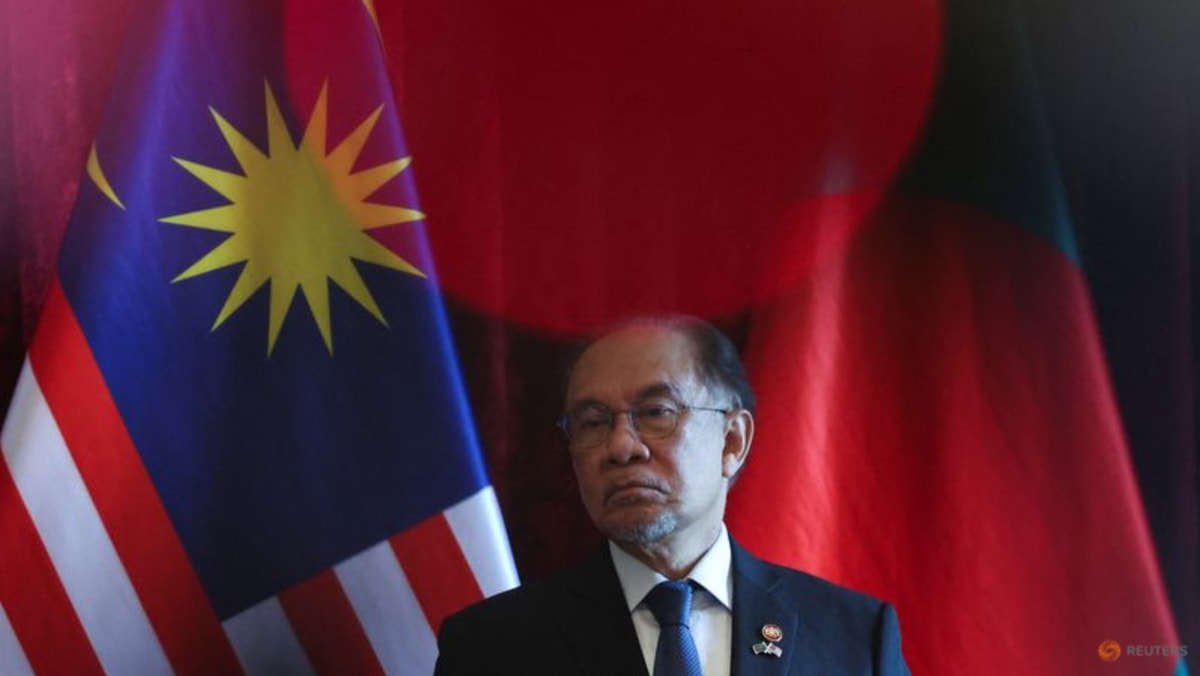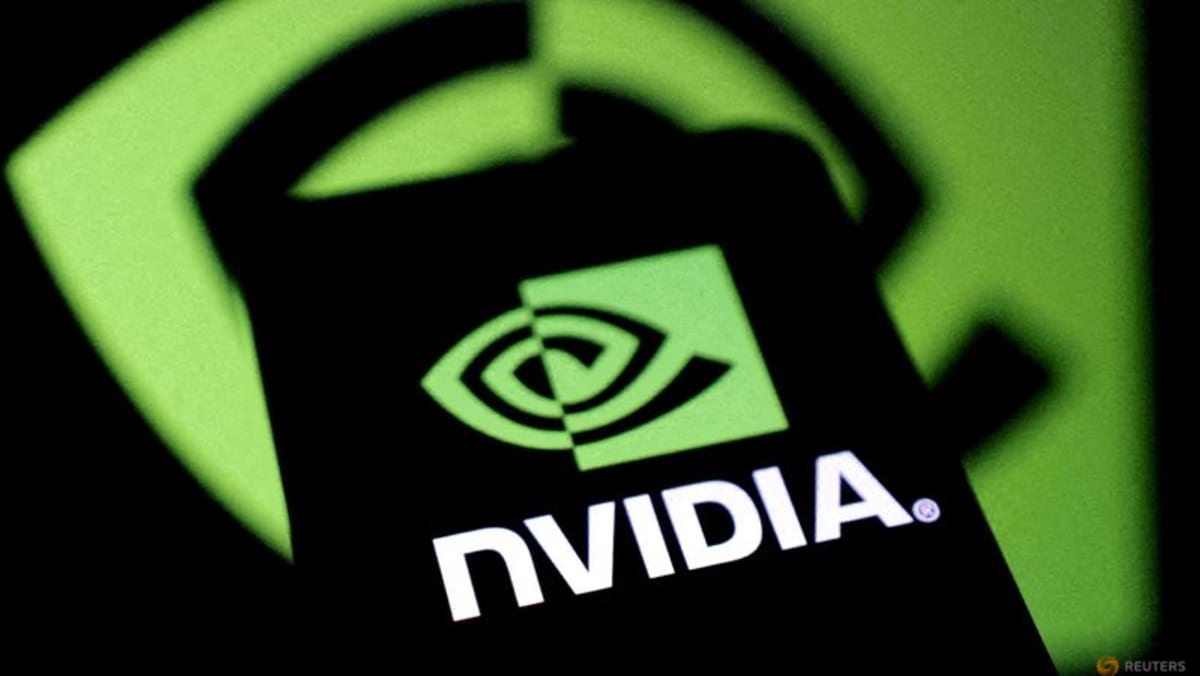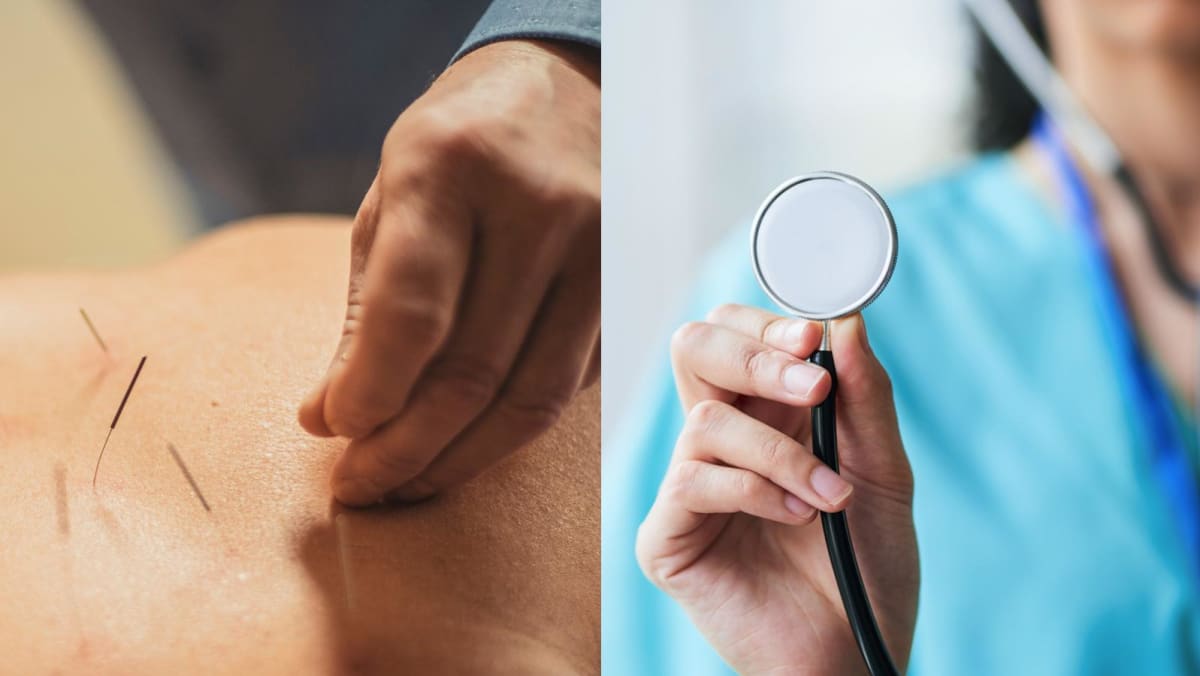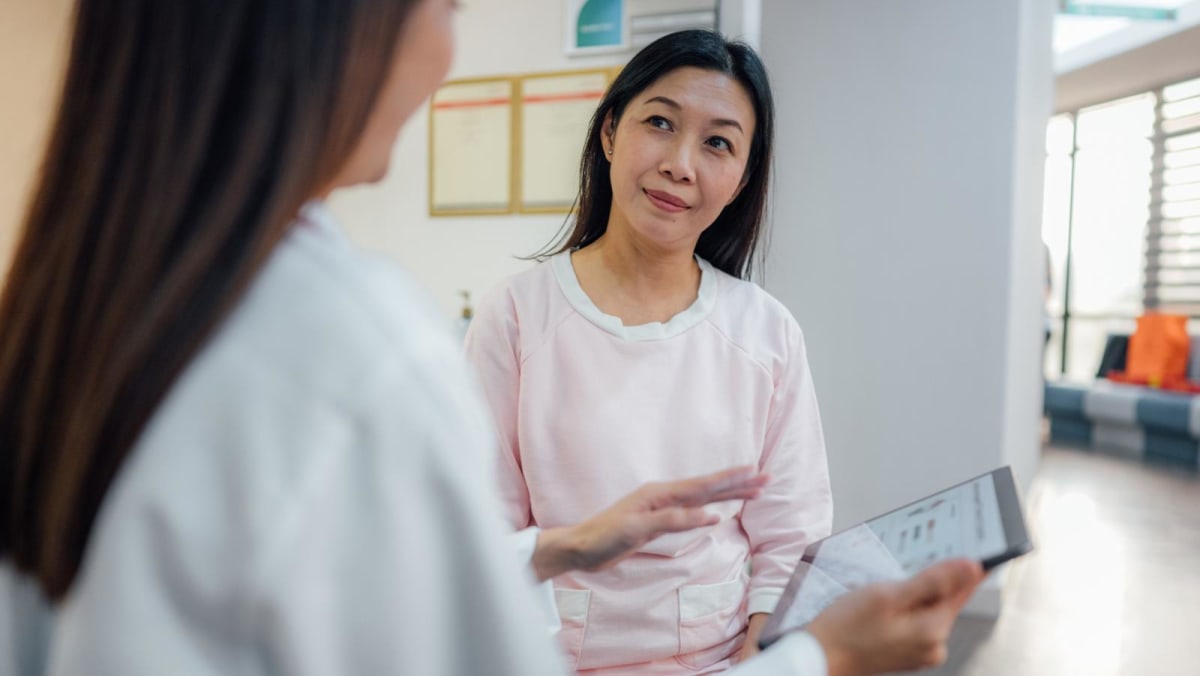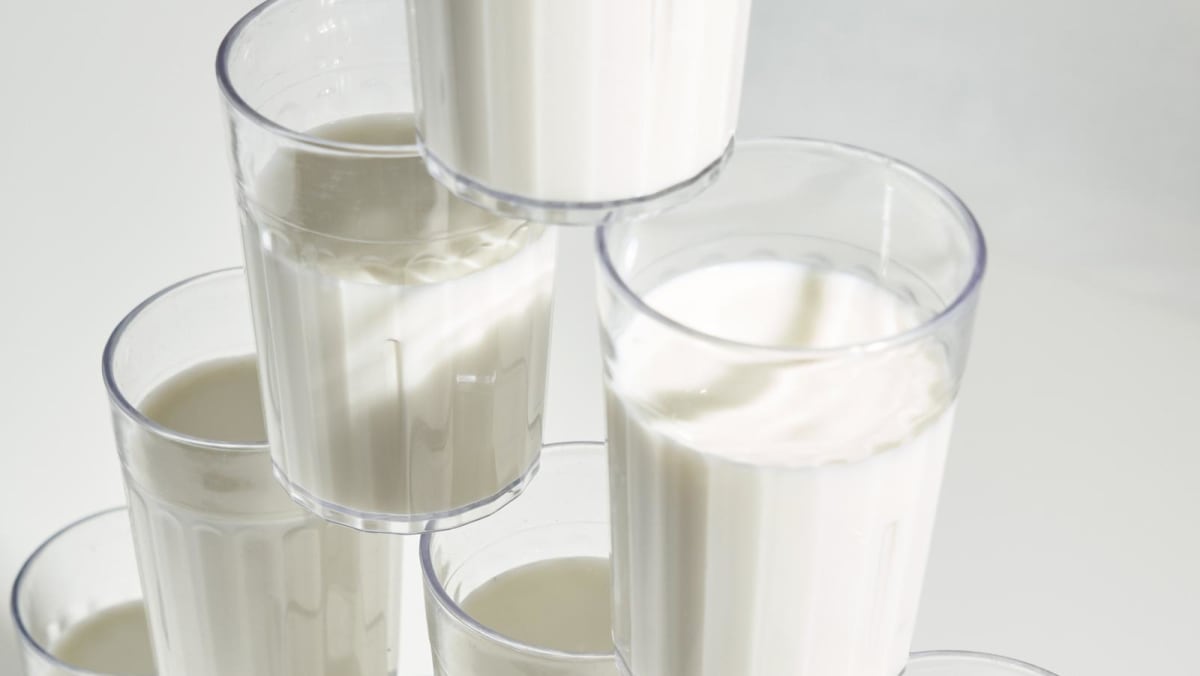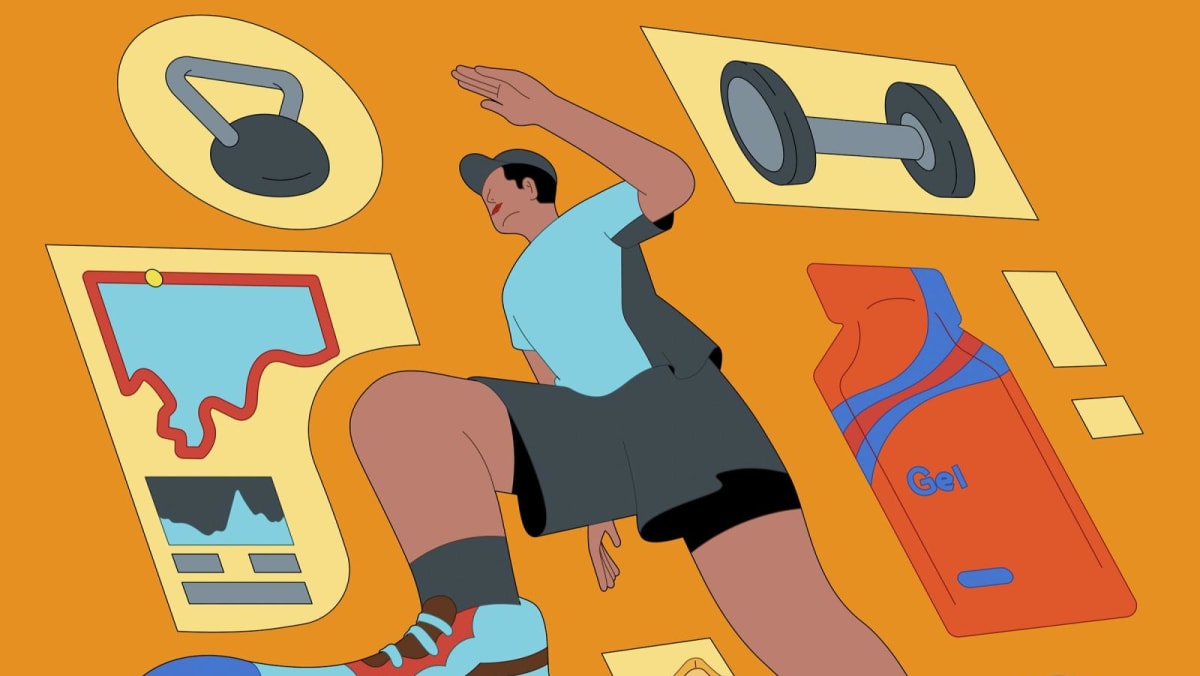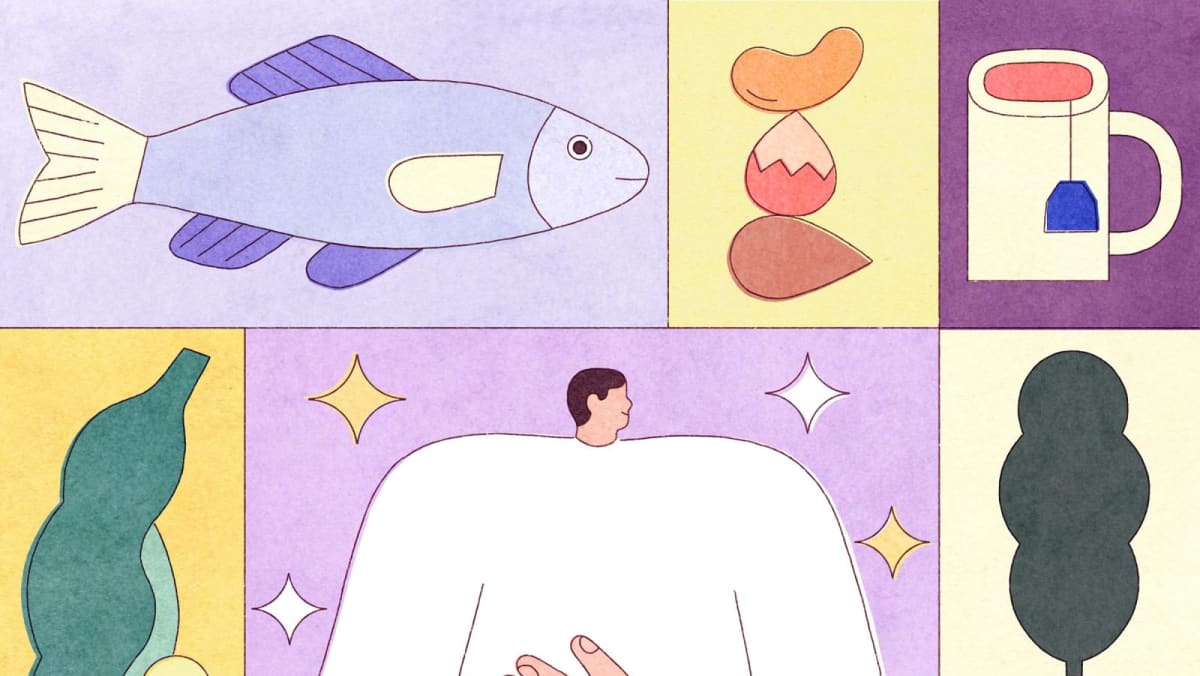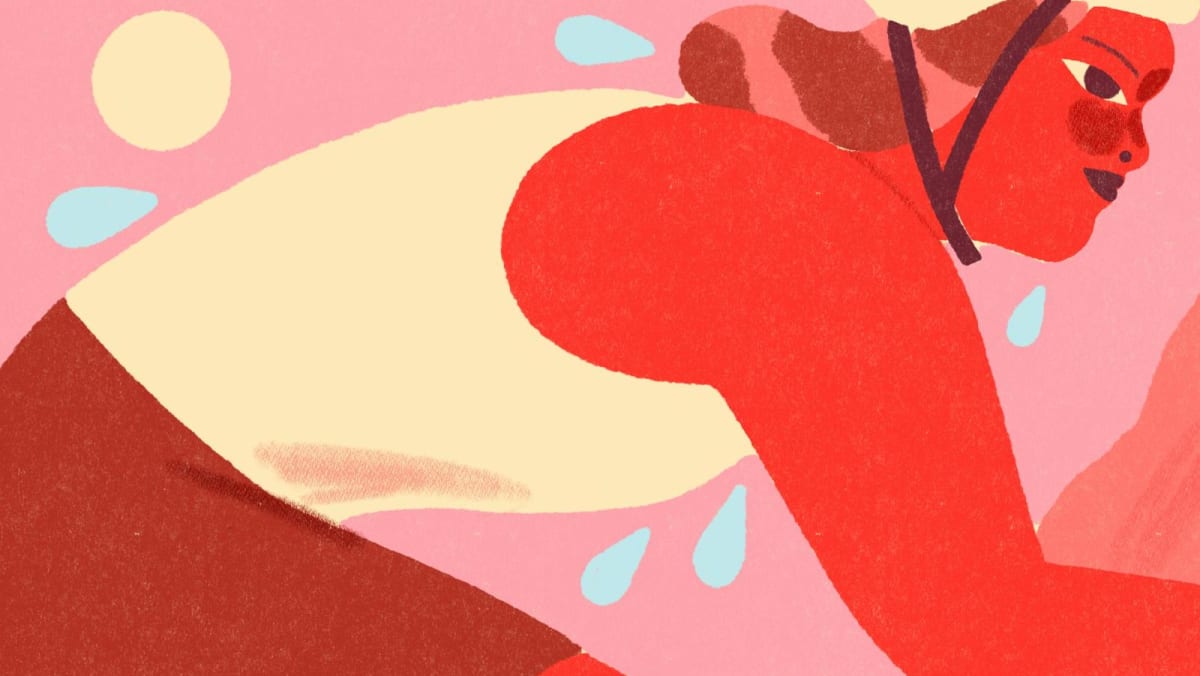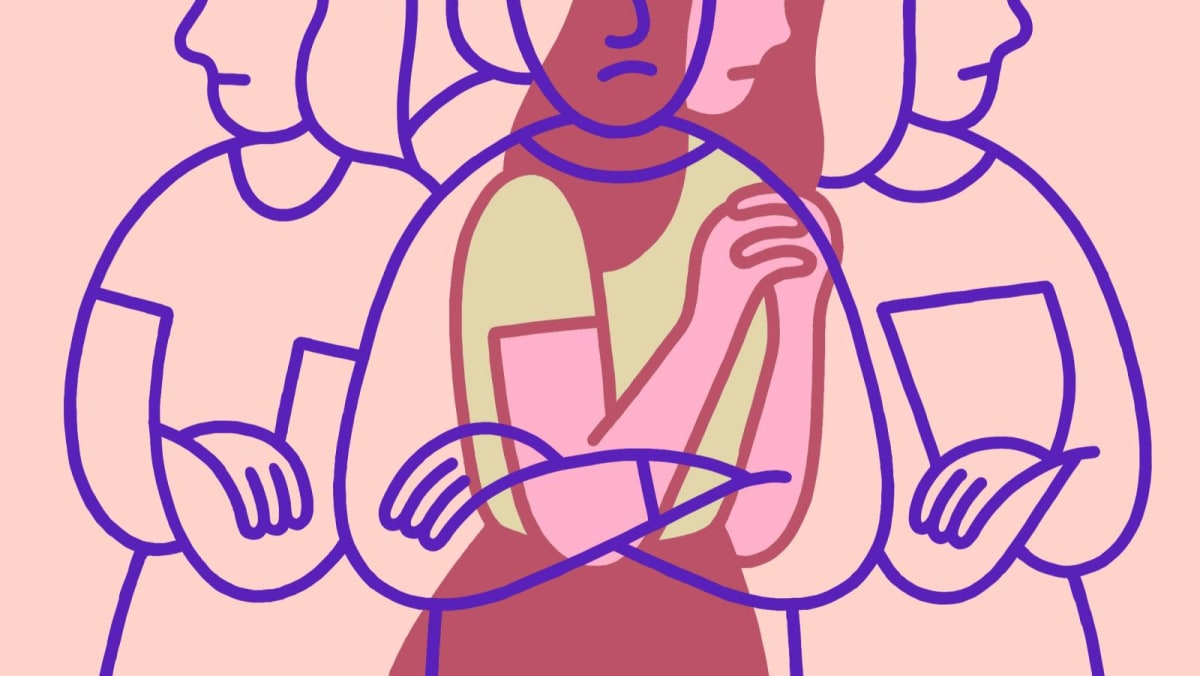“There still remains in medicine many areas where more research is needed for an effective treatment, or where the standard treatment has complications or side effects too intolerable for patients,” said Dr Huang Youyi, an associate consultant with SKGH’s Department of General Medicine, Rehabilitation Medicine Service.
“That is when TCM can play a bigger role in complementing conventional treatments through holistically supporting and strengthening the body’s innate healing processes, and thereby, improving quality of life,” said Dr Huang, who is also a TCM physician.
Take, for instance, cancer-related fatigue caused by conventional treatments such as chemotherapy, radiation therapy, surgery and immunotherapy. A 2025 paper published by the National Cancer Centre Singapore found that the TCM herbal formula known as Xiang Bei Yang Rong Tang, produced “encouraging improvements”.
Acupuncture is another way that TCM can serve as a form of adjunct therapy. It has “proven efficacy, particularly in treating pain such as neck and lower back pain as well as nausea and vomiting, especially those related to chemotherapy and post-surgical procedures”, said Dr Quah Teik Joo, a senior consultant with TTSH’s Department of General Medicine, who is also Head of Service with the Complementary Integrative Medicine department.
TCM has also been used to help post-stroke patients. “While Western medicine addresses the structural damage and risk factors such as hypertension and blood clots, TCM focuses on rebuilding the body’s internal balance and accelerating functional recovery,” wrote TCM physician Pansy Yeo on Health365.
Patients with mild to moderate hypertension, particularly those experiencing stress-related symptoms, is another group that may benefit from TCM, said Lau. “Through acupuncture, herbal formulations and lifestyle modifications, TCM can aid in stress management and enhance overall well-being.”
